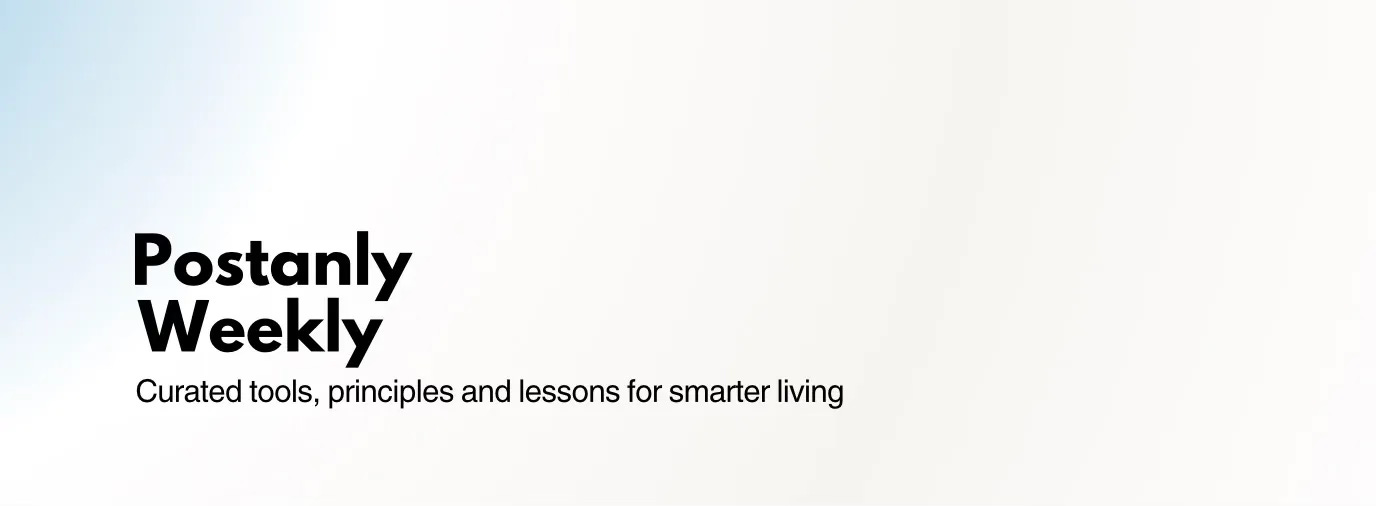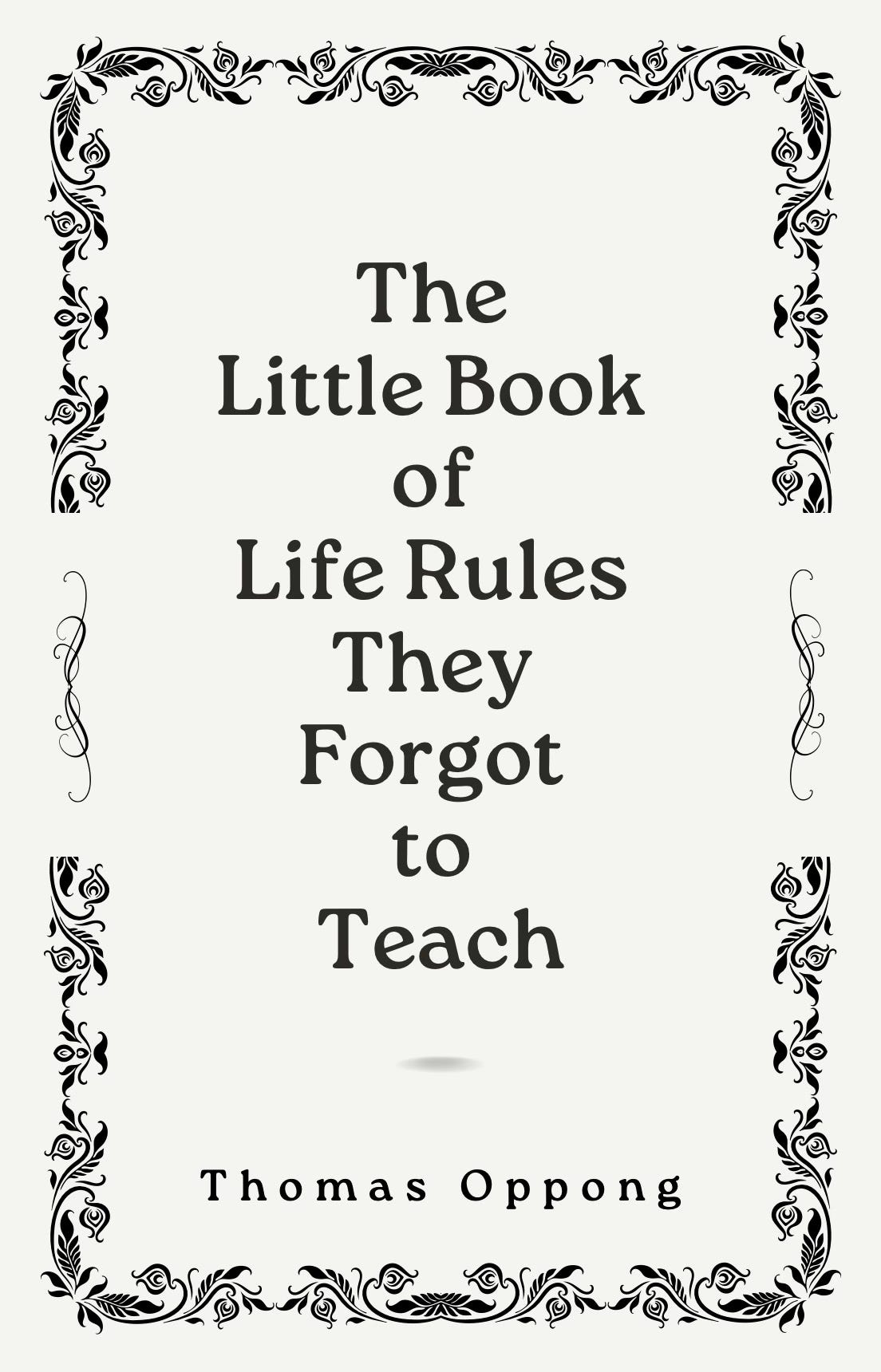This 4-Step Path Formula Inspired by Nietzsche Can Determine Most of Your Life
Know Thyself Like Jung, Think Clearly Like Socrates, and Flow With Life Like Lao Tzu
Postanly Weekly is a reader-supported newsletter. To support my work, you can upgrade to a paid subscription for $9 per month or $60 for an entire year. Or use this special link for 70% off forever.
Upgrade and get instant access to The Thinking Edge: 27 proven thinking tools, mental cognitive models for life and career.
Together with SonderMind
A smarter way to optimize your life starts with SonderMind. As the most trusted mental health resource for busy professionals, SonderMind connects you with therapists and psychiatrists who have availability, accept your insurance, and specialize in your needs.
Now onto today’s post.
Friedrich Nietzsche, one of the most influential and controversial thinkers of the 19th century, dared to gaze into the abyss of existence. He strongly opposed the “herd mentality.” He thought religion, morality, and systemic values and beliefs prevented people from reaching their full potential. Nietzsche wrote extensively about his approach to life in Thus Spoke Zarathustra, Beyond Good and Evil, and The Genealogy of Morality. His challenge to humanity? Transcend your limitations and become the Übermensch, the ultimate human being.
Nietzsche thought the only way to become the very best version of yourself is to shatter the shackles of mediocrity.
Forge your own epic destiny.
“Do you want to have an easy life? Then always stay with the herd and lose yourself in the herd.” — Friedrich Nietzsche
But how does one become an Übermensch? What steps can you take to unleash the badass within? Before we get to that, let’s break down Nietzsche’s superhuman concept.
What is the Übermensch?
The Übermensch is not a superhero or a god. It is an ideal, a way of being characterised by strength, independence, and a will to power.
The Übermensch is not afraid of hardship or suffering, for they see these things as opportunities for growth. The conventions of society do not bind them, for they forge their path. And they are not content with mediocrity, for they strive to achieve greatness in all that they do.
“You must be ready to burn yourself in your own flame; how could you rise anew if you have not first become ashes? — Friedrich Nietzsche
How does one become an Übermensch?
It’s a life path of self-discovery and self-creation. If you are called to the path of the Übermensch, there are no easy answers. Übermensch requires you to challenge everything you think you know about yourself and the world. If you are willing to put in the work, the rewards are beyond measure.
Step 1: Make peace with “amor fati”
“My formula for human greatness is amor fati: that one wants nothing to be different, not in the future, not in the past, not for all eternity. Not only to endure what is necessary, still less to conceal it — all idealism is falseness in the face of necessity — , but to love it…” ― Friedrich Nietzsche
The first step on the path to Übermensch-hood is to cultivate an amor fati.
This Latin phrase means “love of fate.”
The Übermensch accepts everything that happens to them, good or bad: the glorious sunrises and the winter cold, the whispered joys and the deafening sorrows. It’s the Übermensch’s secret weapon, transforming every experience, no matter how challenging, into fuel for epic growth.
Amor fati is not about resignation or passivity.
It doesn’t mean ignoring pain or pretending it doesn’t exist. Or passively accept whatever life throws your way. It’s about acknowledging it, feeling it fully, and then choosing to rise above it.
It’s the full embrace of life, knowing that every difficulty and setback is an opportunity to learn, grow, and become something more.
It’s about actively choosing to affirm everything that happens to you, good or bad. Nietzsche believed that suffering is inevitable but also an opportunity for growth.
Think Viktor Frankl, the author of Man’s Search For Meaning. He survived the horrors of Auschwitz and found meaning in the darkest depths of human suffering. It’s a testament to the power of amor fati, of finding the light even in the abyss.
He famously said, “Everything can be taken from a man but one thing: the last of the human freedoms — to choose one’s attitude in any given set of circumstances, to choose one’s own way.”
When you embrace your challenges, you develop the strength and resilience to overcome them. You become the master of your destiny, no longer a victim of circumstance. When faced with difficulties, ask yourself, “What can I learn from this? How can I grow from this?”
Step 2: Confront your shadow
Becoming an Übermensch is a treacherous climb.
One of the most formidable obstacles you’ll face is your own shadow.
In Jungian psychology, the shadow is the repressed and unacceptable aspects of ourselves — our hidden desires, fears, and impulses. It’s the darkness we tuck away that whispers insecurities and holds us back.
They can be internal, like self-doubt or external, like the pressure to conform to the expectations of others. But the Übermensch knows that the shadow is not something to be feared but rather something to be integrated.
Ignoring the shadow is a recipe for stagnation. To truly ascend to Übermensch heights, we must confront it head-on, not with fear but with unflinching courage. Denial is futile. Instead, observe your thoughts, feelings, and behaviours. Notice the patterns, the triggers that unleash your inner demons — envy, rage, jealousy. Don’t judge, just observe.
Get into your past, into experiences that might have shaped your shadow’s contours. Were you ridiculed? Abandoned? Abused?
Understanding the roots of your darkness offers valuable insight and compassion. Once you know your shadows, accept them, not with resignation, but with understanding. Acceptance is the key to disarming the shadow’s power.
Channel your anger into passion, envy into ambition, and fear into caution. Transform your shadow from a monster to a powerful ally. As Nietzsche wrote, “The man who does not value himself cannot be valued.”
The darkness can become the fertile ground for self-discovery and transformation. Think of it this way: the Übermensch isn’t someone without darkness but someone who has mastered their darkness.
Step 3: Become who you must be
“Call me whatever you like; I am who I must be.” — Friedrich Nietzsche
The Übermensch does not conform to the herd mentality. They do not conform to the expectations of others. Instead, they create their own values based on their unique experiences and perspectives.
Creating your life code is a deliberate process of crafting principles that fuel your ascent to greatness. It’s the bedrock of your Übermensch self.
What do you value most in life?
Your deep values are beyond what is expected of you. The first step is questioning everything — the expectations thrust upon you, the ideals deemed “normal.” Analyse them, dissect their origins, and see if they resonate with your inner compass.
Go into the depths of your being.
Who are you, stripped bare of external definitions? What ignites your soul? What brings you a sense of awe and purpose? Explore your passions, your fears, your strengths, and weaknesses.
Introspection informs the foundation of your values.
Once you know your values, you can live with integrity and authenticity. The Übermensch is not content with living a small life. They set goals that are so big that they seem impossible. But the Übermensch knows that anything is possible if you are willing to work for it.
Immerse yourself in the words and lives of those who dared to forge their paths. Philosophers like Nietzsche, artists like Van Gogh, and scientists like Marie Curie offer valuable insights into their struggles and triumphs.
Step 4: Channel your will to power
“The higher we soar, the smaller we appear to those who cannot fly,” Nietzsche said.
Once values clear, the Übermensch is free to create themself anew. This is where the will to power comes into play, the driving force that propels us towards our highest potential.
The will to power is the driving force of the Übermensch. It’s the relentless pursuit of self-improvement and self-actualisation — the desire to become the best version of yourself, physically, mentally, and spiritually.
It’s about mastering yourself and pushing your limits.
Every setback is a chance to refine your skills, strengthen your resolve, and emerge stronger. It’s the alchemic process where the Will to Power shines brightest. Nietzsche reminds us that “the highest good is not to overcome others, but to overcome oneself.” The Übermensch is not defined by their victories over others but by their victories over themself.
The Übermensch isn’t just a doer but a creator.
Channel your Will to Power into shaping your own life and your work. Don’t be afraid to experiment, to break boundaries, and to express yourself. As you learn and grow, your goals, your methods, and your understanding of self will transform. Embrace this fluidity, and never stop striving to become the best version of yourself.
No one can build your bridge for you
“Nobody can build the bridge for you to walk across the river of life, no one but you yourself alone. There are, to be sure, countless paths and bridges and demi-gods which would carry you across this river, but only at the cost of yourself; you would pawn yourself and lose. There is in the world only one way, on which nobody can go, except you: where does it lead? Do not ask, go along with it.” — Friedrich Nietzsche
The final step to becoming the Übermensch is to live meaning, transforming the mundane into the extraordinary. Nietzsche encouraged us to “dance through life” to find joy and meaning in the very act of being.
“And those who were seen dancing were thought to be insane by those who could not hear the music,” he wrote. The Übermensch does not wait for life to happen; they create it. They are the artists of their own destiny, leaving behind a masterpiece. But the path to becoming the Übermensch is not for the faint of heart. It is long and full of setbacks.
But the rewards are immeasurable for those willing to take up the hammer. “No price is too high to pay for the privilege of owning yourself,” says Nietzsche. Before you go, remember: becoming the Übermensch is a marathon, not a sprint. It’s a lifelong — a way of life that is constantly evolving.
NEW: The Little Book of Life Rules They Forgot to Teach
They taught you algebra. But did anyone ever teach you how to process a bad day? Did anyone teach you how to build a better relationship with your own psyche? No. Of course they didn’t. It wasn’t on the syllabus. This little book is the fundamentals of being a functional human. Lessons on emotional maturity, self-awareness, and the resilience you build when you finally understand how your own mind works. You’ll learn that calm isn’t a personality trait you’re missing; it’s a skill you can practice. These are short, direct lessons. Just the essential tools you need to live life, not just endure it. A summary of the wisdom of brilliant minds on building a better relationship with your own psyche for a good life.
Get a copy now (free or donate what you want)
Free post on Medium
>Know Thyself Like Jung, Think Clearly Like Socrates, and Flow With Life Like Lao Tzu
“What is true?” “How can I see that truth clearly?” “Now that I see it, how do I live with it and within it without losing my damn mind?” Those are three questions I use to figure life out. I read philosophy to understand why I believe what I believe. It’s my intellectual self-defense. The mind is not perfectly rational. I’m a bundle of cognitive biases and defense mechanisms trying to get through the day. My brain takes shortcuts. It confirms what I already believe.
Two concepts worth understanding
‘Luck surface area’ is a concept originated by author Jim Collins to describe the amount of exposure an individual or organisation has to opportunities and resources that can lead to success. Rather than simply focusing on outcomes we can directly control, this concept helps us consider what we can do to increase the likelihood of desirable outcomes we can’t directly control.
Analogical thinking, because the ability to identify deep structural similarities between different domains is a powerful way of developing new insights. It is also likely to be increasingly important in a world where we need to differentiate human intellectual capabilities from those of AI.
A question worth asking
‘What leverage do I have, and how am I using it?’ This is a particularly interesting exercise in relation to employment, where talented individuals often assume their leverage can only be exchanged for more salary and responsibility. But what about fewer working hours for the same pay? How we utilise our leverage can align with our personal values and priorities, rather than simply move us up someone else’s ladder.
Email courses you will find useful
The thinking edge
A 27 day email course on thinking clearly.
You get 27 (plus future updates) powerful thinking tools, models, principles for life and career. Inspired by the wisdom of brilliant minds.
The kaizen method
A 21 part newsletter course on doing habits right.
All the tools, habits, systems and methods that work in all areas of your life. The feel good method for building better habits.I’ve used the kaizen system to write books, build digital businesses and get through tough times.
Thomas’s free recommendation zone
▶ Techpresso: Keep up with AI & Tech in 5 minutes
▶ Story Grid: A free blueprint for writing a book.
▶ Refind: Brain Food delivered daily.
▶ Meco: The space for reading newsletters.
▶ Discover newsletters: Best newsletters for life and career.
Until the next one,
Be Well.
Thomas
“No man is more unhappy than he who never faces adversity. For he is not permitted to prove himself.” — Seneca
Postanly Weekly is a reader-supported newsletter. To support my work, you can upgrade to a paid subscription for $9 per month or $60 for an entire year. Or use this special link for 70% off forever.
Upgrade and get instant access to The Thinking Edge: 27 proven thinking tools, mental cognitive models for life and career.



